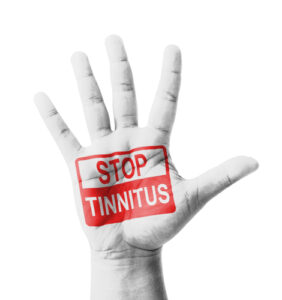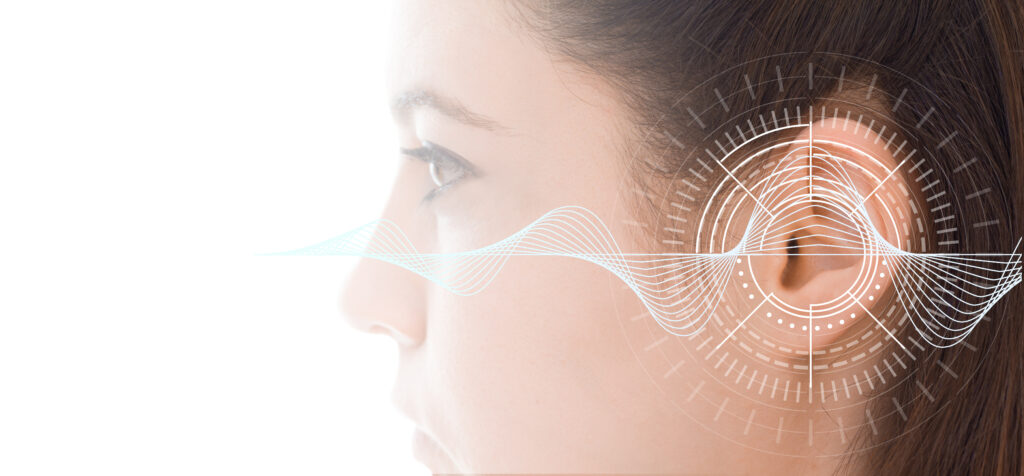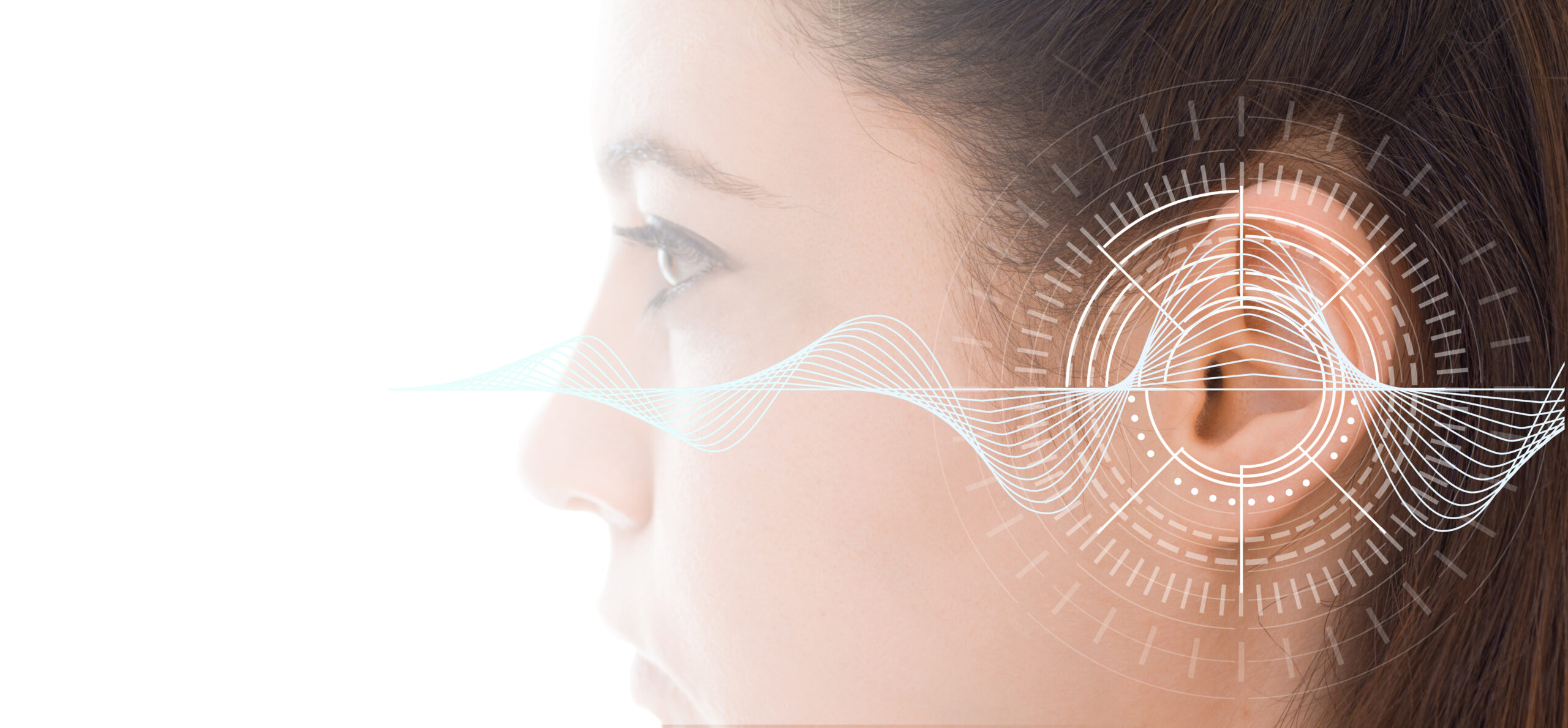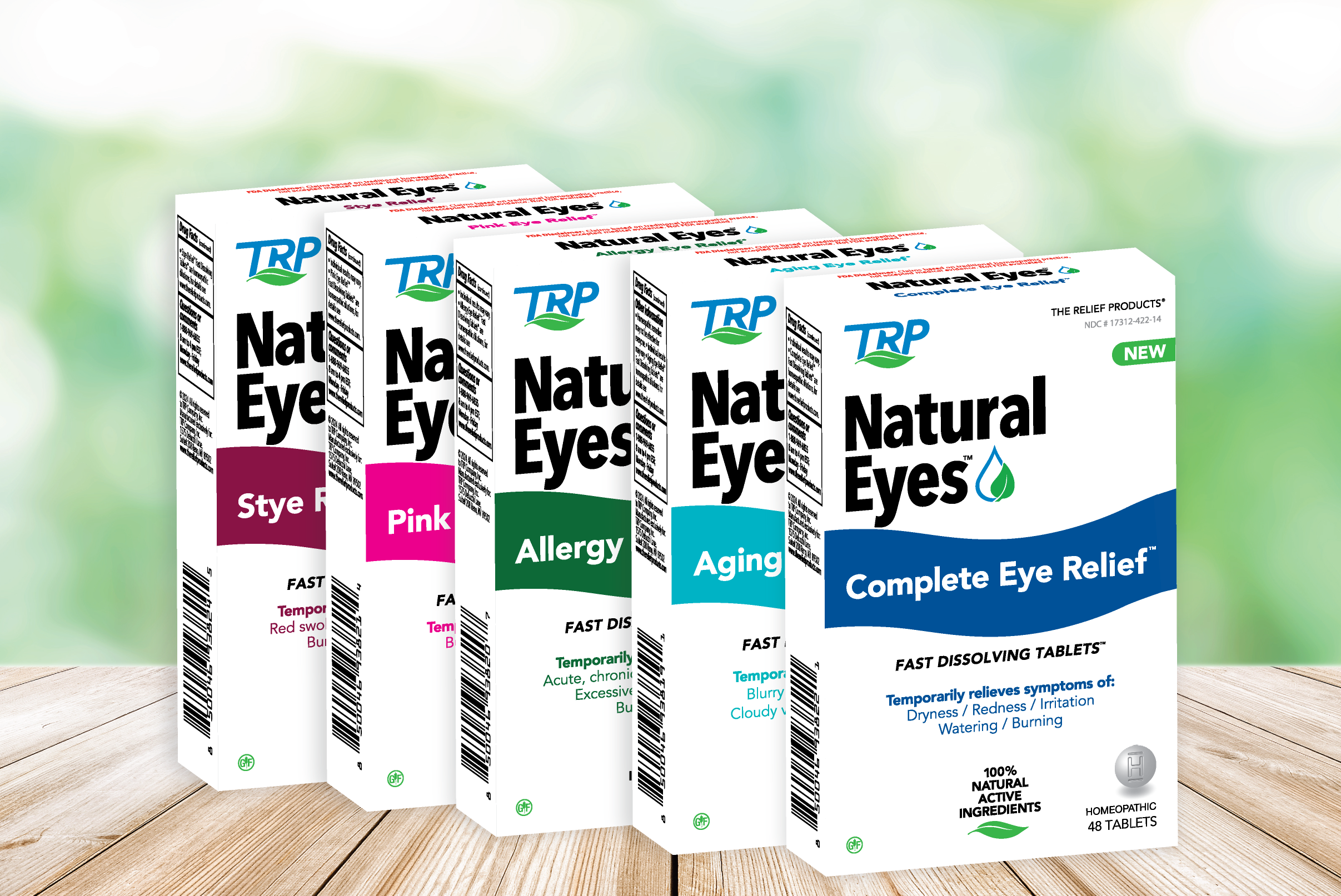More than 25 million adult American’s1 experience the constant nagging of tinnitus. Nonstop ringing is more than just an annoyance, it is a disruptive force impeding the quality of one’s life. As with anything, education is power. This comprehensive guide is to help you better understand the various aspects, from causes and symptoms to coping strategies and treatment options.
What is Tinnitus?

Tinnitus is defined by a constant sound in the ear when there is no corresponding external noise. It is important to know that while it is often classified as a constant ringing, tinnitus can come in many different forms such as buzzing, hissing, chirping, and more. These sounds are not a condition nor a disease yet rather a symptom of an underlying condition. While tinnitus is not directly treatable there are several options to help lower the volume and manage the symptoms. As with anything, suffering is not a healthy solution. Whether it’s for you or a loved one, understanding is the first step in the right direction.
The most common form of tinnitus is subjective. Since the perception of sound is only heard by the patient, the examiner cannot hear it. And while there are no test results to show the presence, diagnosis and treatments are still available. Aside from the majority, less than 1% of sufferers experience objective tinnitus1. This form allows examiners to hear the same sounds as the patient as well as being present on test results. These sounds are produced internally and can come from a variety of sources such as bones, blood flow and vessels, or muscles in the ear. It is common for these sounds to correspond with the patient’s heartbeat which is known as Pulsatile Tinnitus.
Overall, tinnitus is very common. Although it is still prevalent in many adolescents, cases tend to increase with age. Most sufferers are found to be over 60 years of age. Studies have also found more cases in men, yet more of a psychological toll on women. Anyone can develop tinnitus for hundreds of different reasons but working in a loud environment is one of the highest risk factors. This includes military personnel, musicians, construction workers and much more.
Causes and Triggers

So, what causes tinnitus? There is no one simple answer to this question. As previously mentioned, tinnitus is not a condition itself, but a symptom of an underlying condition which can take on a very wide range. The most common reason is damage to the inner ear. The first example of this is age-related hearing loss. When your hearing starts to diminish, other parts of your body do not always respond in the same way. Your hearing nerve still expects the same amount of stimulus which it is no longer receiving so it may come off in other forms such as ringing or buzzing. Another form of hearing loss that can cause tinnitus is noise-induced. This also comes in varying forms, either intermittently or over an extended period. Regardless of the time duration loud noises such as explosions or live music can cause damage to cells in the inner ear.
Aside from hearing loss, tinnitus can be a result of ear injuries or conditions. One common example of this is earwax blockage. This does not initially seem like a serious issue, but it has the capabilities of blocking your ear canal causing irritation and pressure changes. Both viral and bacterial infections to either the ear or sinuses can also contribute to tinnitus by causing inflammation near the auditory system. In addition, any prior ear, head, or neck trauma may cause nerve damage in areas that influence the ability to hear.
Tinnitus can also be caused by factors outside of the ear. Medications such as antibiotics, nonsteroidal anti-inflammatory drugs (NSAIDs), and chemotherapy drugs, may have side effects that include tinnitus. Vascular conditions, such as high blood pressure, can have an effect by altering the blood circulation. Temporomandibular joint disorders (TMJ) can influence the auditory function due to the close proximity of the jaw joint. Psychological factors including stress, anxiety, and depression can also amplify internal sounds. It is important to know that this is not a complete list and there may never be one as often times the cause may be unclear.
Symptoms and Impacts

The most predominant symptom of tinnitus is the perception of sound when no external noise is present. This takes on many forms including ringing, buzzing, roaring, thumping, whooshing, clicking, and so on. Besides the sound, symptoms can extend to discomfort, sensitivity, pain, headaches, fatigue, and light-headedness. Any single or combination of these easily leads to further complications such as anxiety, depression, weight gain, disturbed sleep, difficulty concentrating, social isolation, and memory problems. The profound impact on mental well-being can lead to frustration and a sense of hopelessness. The emotional toll can strain relationships, as partners or family members may struggle to understand the challenges faced by the individual with tinnitus. Our hope is that this guide helps educate more people on tinnitus to prevent this sense of disconnect.
Treatment and Coping Strategies

The natural next question is, how can it be stopped? Unfortunately, there is no known solution for tinnitus. Instead, there are ways to help lessen the noise, manage the symptoms, or potentially cure it at the source. If the root of the problem is known, there may be a solution for that. An example of this would be in the case where medications or earwax buildup were the cause. Other causes such as nerve damage or hearing loss do not have as easy of a solution. If you or a loved one is trying to figure out the cause or solution, the best answer will always be to contact a healthcare professional. Your doctor will be able to rule out any serious conditions and can advise you on the best course of action for your individual health. It is particularly important to contact a healthcare provider when it is joined with hearing loss, dizziness, or vertigo, if it is only apparent in one ear, or sounds like your heartbeat. Despite the accompanying symptoms, all tinnitus patients should seek help if noise persists for more than one week.
While at home, there are several strategies that can be used to make tinnitus more manageable. One frequent recommendation is to use sound therapy. This can be executed in a variety of ways including sound machines, in-ear noise generators, fans, or soothing background music. Each of these will help drown out the ringing or buzzing and provide a more peaceful environment. Relaxation techniques, meditation, counseling, and support groups can also help reduce stress and promote a sense of calm. Talking to people with similar challenges or health professionals can offer both emotional support and effective coping mechanisms. Other techniques include healthy lifestyle choices, avoiding triggers, and distraction techniques. A healthy lifestyle can take on a wide range from sleep habits to regular exercise, and a balanced diet. Physical well-being can positively influence day to day activities and redirect focus away from the constant nagging in one’s ears. Distracting the mind and keeping it occupied with individualized hobbies can go a long way in managing tinnitus. It is important to find what coping mechanisms work best for you and your family’s needs.
The Natural Solution

The Relief Products® understands the severity of tinnitus and knows that coping strategies may not be enough for every individual. TRP crafted three unique formulas all naturally targeting the agitating symptoms of tinnitus. Ring Relief® Ear Drops and Ring Relief® Fast Dissolving Tablets™ provide temporary relief from symptoms including ringing, buzzing, and roaring in the ears, sensitivity to noise, as well as throbbing and discomfort. The best part is all our formulas are safe and gentle to use, with no known side effects, interactions with other medications, or contraindications. This means you can continue taking previously prescribed medications without having to worry about adverse reactions. For individuals that have trouble sleeping due to Tinnitus we created Ring Relief® PM Ear Drops. These drops have the same all natural ingredients as the daytime formula, but also incorporate three additional ingredients to promote a more restful sleep. Our three formulas can be used simultaneously for around the clock relief or individually based on your personal preference.
There is no gamble in trying Natural Ears Ring Relief® as all our products are covered by a 60-day money back guarantee. We recognize that homeopathy does not work for everyone, but it is worth a try to lower the volume and increase the quality of life. Customers who use the product as directed typically see noticeable results after 2-3 weeks of use, and full results in up to 60 days. If you give us a chance and use the product for 60 days with no noticeable difference in your symptoms simply contact our dedicated support team and we will be happy to get you your money back – just be sure to keep your receipt from purchasing. Ring Relief® ear drops are the #1 selling ear drop for tinnitus and we are hopeful that they may be just what you need to find your peace.







